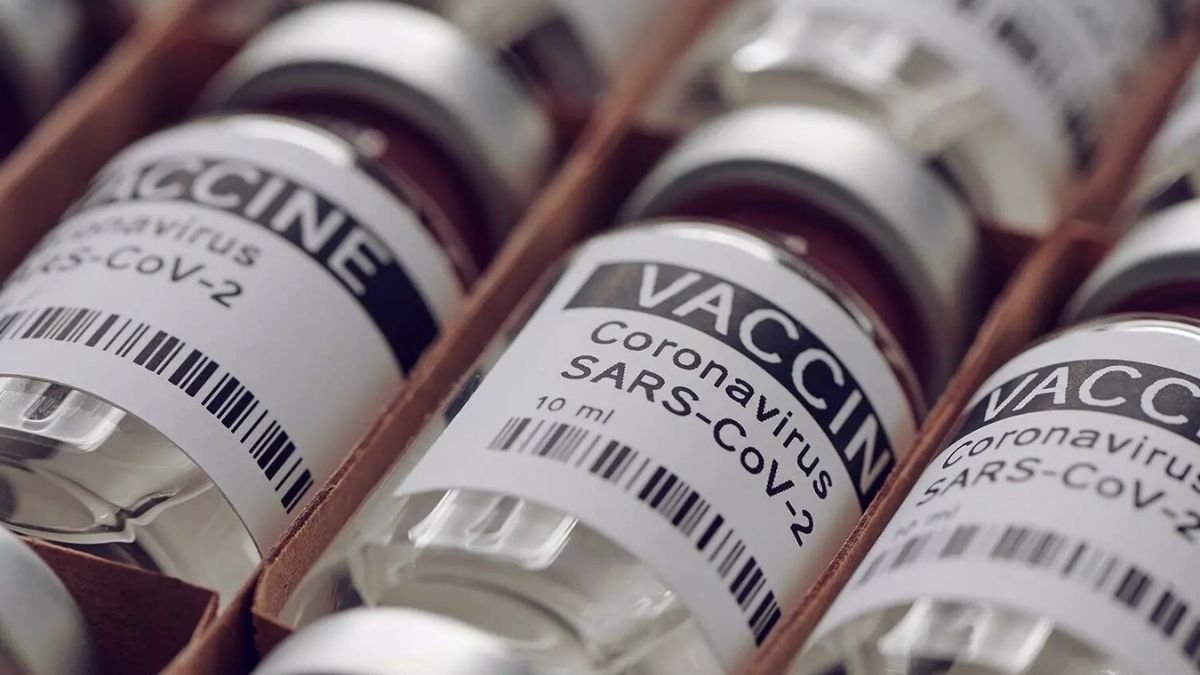A new study looked at over 3000 proteins to see which were linked to the development of severe COVID-19. This is the first study to look at a large number of proteins for their association with COVID-19. The findings shed light on possible new targets for approaches to treating and preventing severe COVID-19.
The study, which was published in PLOS Genetics and funded in part by the National Institute for Health Research (NIHR) Maudsley Biomedical Research Centre (BRC), used a genetic tool to screen over 3000 proteins.
Researchers discovered six proteins that may contribute to an increased risk of severe COVID-19 and eight proteins that may contribute to protection from severe COVID-19. One of the proteins identified as having a causal link to the risk of developing severe COVID-19 is ABO, which determines blood groups, implying that blood groups play an important role in whether people develop severe forms of the disease. By identifying this suite of proteins, the researchers have identified a number of potential drug targets that could be used to treat severe COVID-19. These will require further clinical investigation as part of the larger COVID-Clinical Neuroscience Study (COVID-CNS), which is looking into the causes of various aspects of the virus. The study looked at two levels of COVID-19 severity: hospitalization with respiratory support or death.

Using data from several genome-wide association studies, the researchers discovered six proteins that were causally linked to an increased risk of hospitalization or respiratory support/death due to COVID-19, and eight proteins that were causally linked to protection against hospitalization or respiratory support/death. The analysis revealed some differences in the types of proteins associated with hospitalization and those associated with respiratory support/death, indicating that different mechanisms may be at work in these two stages of the disease. The study discovered that an enzyme (ABO) that determines blood group was causally linked to an increased risk of hospitalisation as well as the need for respiratory support.
This research backs up previous findings linking the blood groups to a higher risk of death. When combined with previous research indicating that the proportion of group A is higher in COVID-19 positive individuals, this suggests that blood group A is a candidate for further investigation.” The enzyme helps determine an individual’s blood group, and our study has linked it with both risks of hospitalisation and the need for respiratory support or death,” said co-last author Dr. Christopher Hübel from King’s IoPPN. Our study does not link specific blood groups to the risk of severe COVID-19, but because previous research has found that the proportion of people who are group A is higher in COVID-19 positive individuals, blood group A is a more likely candidate for follow-up studies.”














